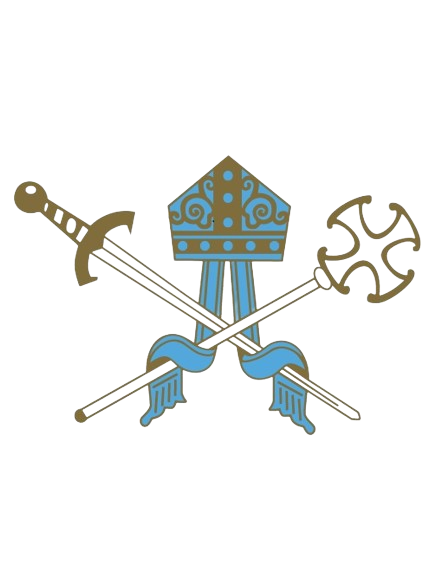History
 Intention
Intention
At St Thomas’ we provide all pupils with a high quality History curriculum that will inspire in pupils a curiosity and fascination about the world and its people that will remain with them for the rest of their lives. It will equip pupils with a diverse knowledge about the history of places, people, resources and natural and human environments, together with a deep understanding of how history can shape our lives even now.
As pupils progress through their history learning they begin to ask valid questions to deepen their knowledge and make links across time periods. Pupils gain a coherent understanding of Britain’s past, how people’s lives have shaped our nation and that of the wider world. Our rights based curriculum encompasses the five core strands of history and encourages perceptive questioning and critical thinking. We aim for our pupils to weigh up evidence, investigate claims and analyse contrasting arguments to make valid judgements about short and long term historical timescales.
Our progressive approach ensures that new content builds on prior learning so that pupils can make connections and identify similarities and differences between the time periods they study.
 Implementation
Implementation
History at St Thomas’ is taught termly through the key strands of Cultural Development, Technology and Science, Religion, Cooperation and Conflict and Individuals in History. We provide further opportunities for children to apply their skills through cross curricular approaches, linking with The Power of Reading texts and looking at the historical and social context. We ensure high expectations of all pupils through adapted learning approaches within lessons and through displaying core Historical vocabulary within learning environments.
History is interconnected with other subjects which gives pupils core knowledge, helps them practise their skills as historians and supports them as they develop a deeper understanding of significant aspects of our world’s history:
- The nature of ancient civilisations
- The expansion and dissolution of empires
- The characteristic features of past non-European societies
- The achievement and follies of mankind
Adapted learning
Our history lessons are hinged on historical stories and pupils read and make sense of core vocabulary using these words in their written narratives and analyses. They develop a historical understanding of more abstract terms such as ‘empire’, ‘civilisation’, ‘parliament’ and ‘peasantry’.
 Impact
Impact
St Thomas’ pupils learn to love History and to think both creatively and analytically about the history of the world and their home city. Pupils develop a respect for all cultures and understand how History has played an important role in shaping societies. They make comparisons between different time periods and reflect on how some historical events still significantly affect the world today.
Pupils become confident global citizens gaining a historical perspective and build upon their knowledge and understanding of the connections between local, regional, national and international history.
By the time pupils leave our school, they understand the complexity of people’s lives, the process of change, the diversity of societies and relationships between different groups, as well as their own identity and the challenges of their time. Pupils leave our school equipped with disciplinary skills to prepare them for the next stage of their learning.

